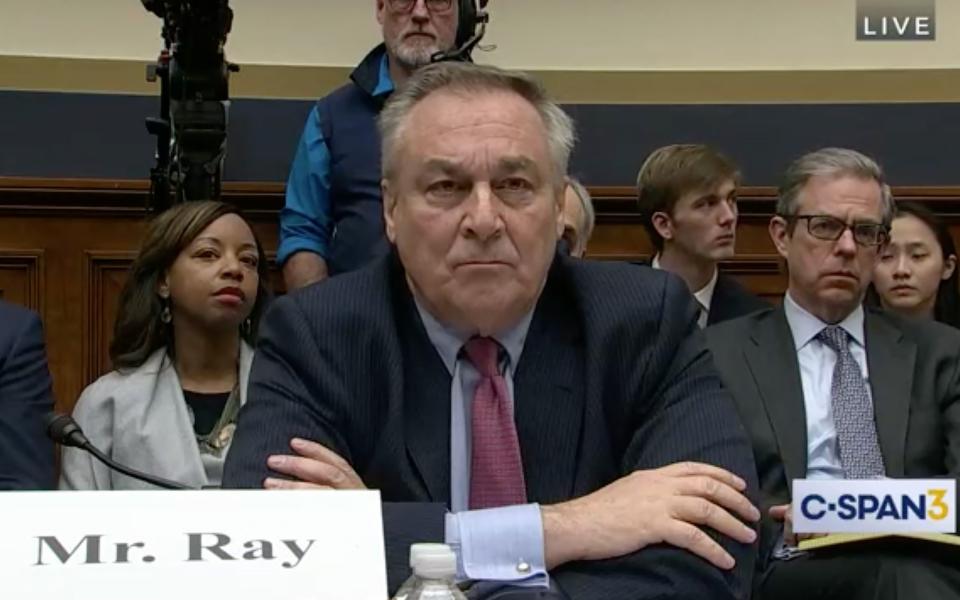FTX Creditor Names Can Remain Sealed for Now, Judge Rules

A Delaware bankruptcy judge on Wednesday allowed a list of creditors for FTX to remain sealed for at least another three months.
Judge John Dorsey, overseeing the winding up of Sam Bankman-Fried’s empire, shot down a bid by media organizations and the U.S. government to keep the legal process transparent, but indicated that he may change his mind during a future hearing.
“I'm reluctant at this point to say I'm going to require the disclosure,” Dorsey said at a hearing Wednesday.
“I'm going to overrule the objections and allow them [creditor lists] to remain sealed at this point,” he added, saying he would review the issue after three months. “We're talking about individuals here who are not present – individuals who may be at risk if their name and information is disclosed.”
Brian Glueckstein, an attorney at Sullivan & Cromwell representing FTX, told the court he wanted to “redact sensitive personal information of customers and other stakeholders” and “protect the value in the debtors customer list as an asset,” ensuring it can potentially be sold at a later stage of proceedings.
In a Nov. 19 filing, FTX argued the full creditor list would be unwieldy and potentially unreliable due to poor recordkeeping by Bankman-Fried. The company also argued publication could make users prone to identity theft and reduce the company’s value by allowing competitors to poach business.
Dorsey, in effect, saw the protection of privacy as paramount in spite of claims made that publishing a list of customer names would be the norm during bankruptcy.
“The public has a right to access of judicial records and only under very limited circumstances may a federal court restrict or deny that access,” said Juliet Sarkessian, representing the U.S. Trustee, part of the Department of Justice responsible for bankruptcy matters.
“Redacting customer and other creditor information to the extent that the debtors are seeking is only going to add to that lack of transparency” in a case in which many key documents have not yet been filed, Sarkessian added.
She was joined by lawyers representing media organizations that had argued in favor of greater transparency.
“There's absolutely no evidence presented to this court that there any identity theft or scams occurred as a result of those creditor lists being made public,” said David Finger of law firm Finger & Slanina, representing Bloomberg, Dow Jones, the New York Times and the Financial Times.
FTX filed for bankruptcy protection on Nov. 11, 2022, after CoinDesk revelations about its relationship with trading arm Alameda Research led to a run on the exchange. Restructuring expert John Ray took over from Bankman-Fried as chief executive officer on the same day.
Last year, as part of similar proceedings, a judge ordered the release of information on hundreds of thousands of users of bankrupt crypto lender Celsius Network, prompting fears they could become vulnerable to harassment or theft.
The move could also have implications for customers of other bankrupt crypto companies such as BlockFi, whose users are in a similar quandary over privacy and whose case will be heard in a New Jersey court next week.
Read more: Why Celsius Doxxed Hundreds of Thousands of Users
UPDATE (Jan. 11, 2023, 17:05 UTC): Adds additional detail.
